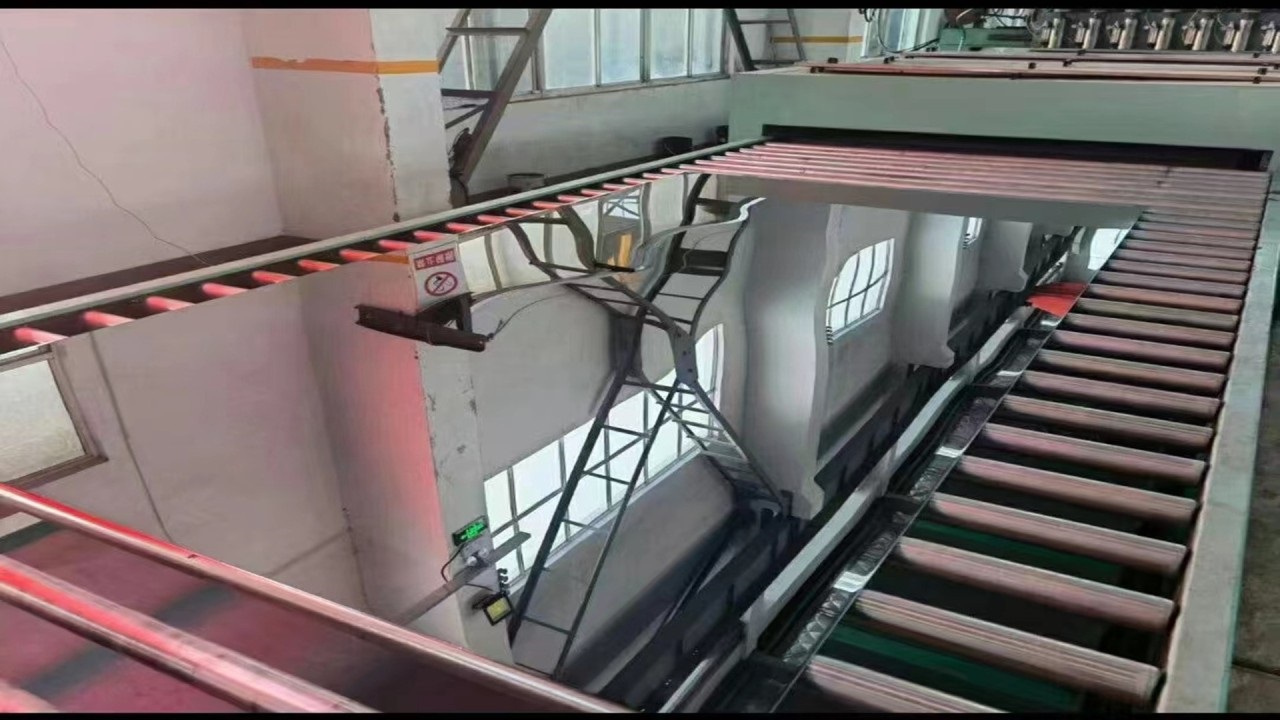Industrial flooring is very important in providing safety, productivity, and durability of the floor in industrial buildings like workshops, stores, and production units. Therefore, available options present stainless steel floor plates as stronger, anti-corrosive, and aesthetically appealing. However, the quality and functionality of these floor plates vary depending on the suppliers of these floor plates. This article focuses on the importance of stainless steel flooring supplier in industrial flooring solutions such as material, customization, compliance, and consultation.
Ensuring Material Quality
The first principle of any sound industrial flooring design is the type of material that is used. Stainless steel floor plate suppliers were invented to provide the finest quality stainless steel that can meet the necessities of industrial applications. The best suppliers offer stainless steel plates that are highly resilient to corrosion, abrasion as well as impression. These qualities are significant for end users including the food processing industry, chemical processing companies, and steel industries where the flooring comes under chemicals, moisture, and high traffic. Many of the suppliers are very particular with quality and hence, their stainless steel floor plates could be up to standard. They also may have certifications that assure the material’s characteristics, such as anti-oxidation, or anti-staining. They assist in reducing the time required to perform repairs and replacements on industrial floors by providing high-quality, long-lasting materials.
Providing Customization Options
The needs of industrial flooring are quite diverse depending on the type of use. The stainless steel floor plate suppliers are not only responsible for delivering standard products but also offer services to fulfill specific client requirements. This can be variations in terms of thickness, size, texture, and surface treatment. Conversely, large-size plates are especially helpful in health facilities that have facilities that may have an unusual shape of the floor, or if the product to be stored has specific load capacity requirements. Suppliers may also create different textures on the surface of the flooring materials, for example, inserting checkered or diamond plate types to increase the slip resistance, especially in areas that are often in contact with liquids. Furthermore, it is also possible to order floor plates with additional layers of protection against corrosion, wear, or impact. Such solutions assist in developing the eventual designs of floors in industrial contexts that are safe, functional, and attractive.
Assisting with Regulatory Compliance
Particularly important regulatory requirements for implementation and further industrial flooring design are safety and quality requirements. Suppliers of stainless steel floor plates have a critical accountability of certifying that their products meet the set standards. Many industries have specific requirements for flooring supplies, especially in the food and pharmaceutical industries. Sometimes suppliers offer products that have certain requirements and specifications, more familiar with ASTM or REACH. They may also help customers determine which products are most appropriate for meeting local code and industry standards. They assist various companies in avoiding legal complications and provide safe workplaces for their staff by providing compliant materials.
Promising professionalism and assistance
Stainless steel floor plate suppliers are also a good source of advice and help during the flooring design and installation. Seasoned suppliers are conversant with the physical characteristics and the mechanical properties of stainless steel plates. They can recommend the right products to be used depending on the amount of traffic expected, the prevailing weather conditions, and the purpose of the area. Furthermore, suppliers offer installation advice to guarantee that the floor plates are correctly fixed into place. When used, this may provide guidelines involving substrate surfaces, installing procedures, and types of adhesives or fasteners to be used. In some instances, the suppliers also offer or advise that their products should be installed by professionals only, to meet the best standard. This support enables organizations to have long-lasting and dependable flooring systems that will provide service in industrial usage.
Conclusion
Suppliers of stainless steel floor plates are very crucial in determining the design of industrial flooring. They do not just supply materials; they guarantee the supply of quality products, can adapt to the needs of a client, help with compliance issues, and provide advice. In this way, suppliers contribute to the improvement of the functionality and safety of industrial floors as well as provide businesses with cost-efficient and durable solutions for flooring. With industries changing and developing and requiring more durable and flexible flooring solutions, stainless steel floor plate suppliers are still relevant. Their experience and dedication to the highest standards will remain the main factors that will contribute to the further growth of industrial flooring solutions to fit the needs of contemporary production spaces.


